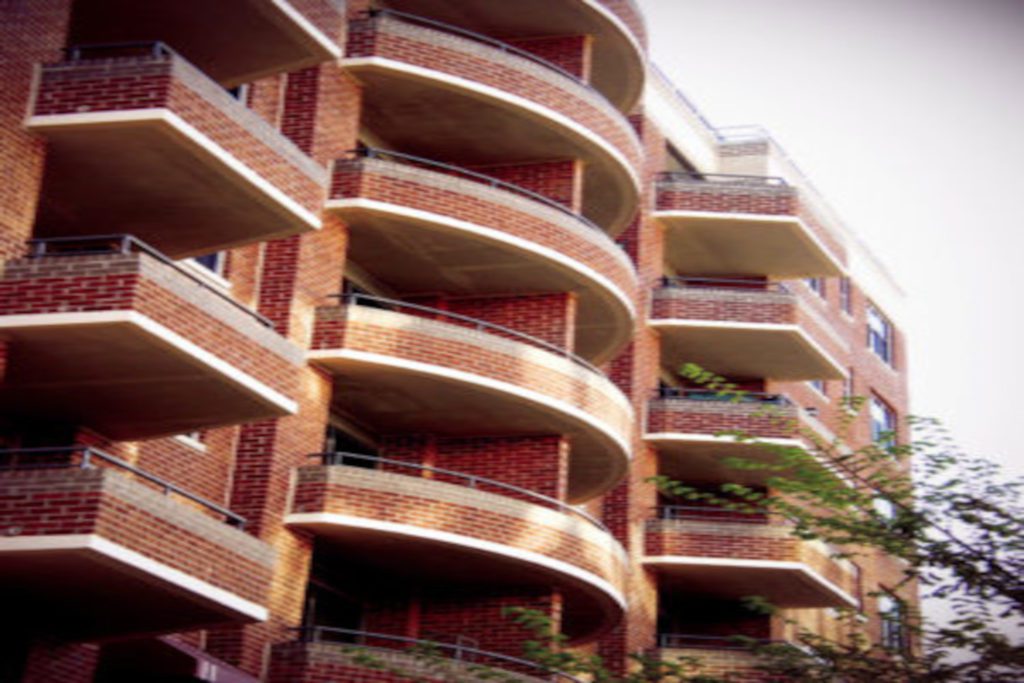In 2014 the Florida Condominium Act (the “Act”) was amended to make it easier for Condominium Associations to recover past-due assessments from third-party purchasers at a mortgage foreclosure sale. The longstanding Florida law is that a condo unit owner is jointly and severally liable with the prior unit owner for all unpaid assessments that came due up to the transfer of title. Fla. Stat. § 718.116(1)(a). However, prior to 2014, a couple of court opinions made an exception to this longstanding law for situations where an association foreclosed its lien and owned title to a unit for a period of time prior to the mortgage holder eventually foreclosing. Those cases pointed out that there was no carve out in the Act for associations, and because associations cannot be liable to themselves for past-due assessments, when an association obtains title to a unit at foreclosure and then sells it, the association cannot collect the past-due assessments from the new owner.
In 2014 the Florida Legislature corrected this snafu by amending Section 718.116(1)(a), Florida Statutes, to allow associations to foreclosure their liens for unpaid assessments, acquire title to the units at foreclosure sales, and still be able to collect the prior owner’s unpaid assessments from a future owner. However, what if an association, created prior to the 2014 amendment and whose declaration does not incorporate future statutory changes, failed to amend its declaration to account for this new favorable change in the law? Bona Vista Condo Ass’n v. FNS6, LLC, provides the unfortunate answer for those less-then-diligent associations.
To quickly summarize the Bona Vista case, the association foreclosed its assessment lien on a unit and took title to the property. A couple of years later the mortgagee finally got around to foreclosing on the unit. At the mortgagee’s foreclosure sale, a third-party investor, FNS6, LLC, bought the unit. The association then demanded from FNS6, LLC the full amount owed ($21,000) for the past-due assessments that accrued on the unit since the time the association foreclosed. The association argued that FNS6, LLC was jointly and severally liable with it for those past-due assessments. FNS6, LLC challenged the association’s demand and a lawsuit followed. The court ultimately held that FNS6, LLC did not owe the association the $21,000 in assessments that accrued during the association’s ownership of the unit.
The reason for the court’s decision was because the 2013 version of the Act applied. In other words, the 2014 amendment, which excluded associations from having “prior owner” liability, was not available to protect Bona Vista. Why? Because (1) Bona Vista’s declaration did not include the necessary language (Kaufman language) to automatically incorporate all future statutory amendments, and (2) Bona Vista failed to amend its declaration to include the favorable statutory change in its declaration.
If Bona Vista had amended its declaration to include the favorable 2014 amendment language, and to also further state that its entire declaration “shall be governed by the Condominium Act, as amended from time to time” then it would have been able to collect the full amount of past-due assessments from FNS6, LLC. This was a $21,000 error by that association. Don’t let your association make this same error. Every association should review its declaration to ensure it is able to take full advantage of recent favorable amendments to the Act. If not, then it is well worth the cost to have an experienced attorney amend the declaration so that it contains the necessary language for the association to take advantage of recent changes to the Act.

